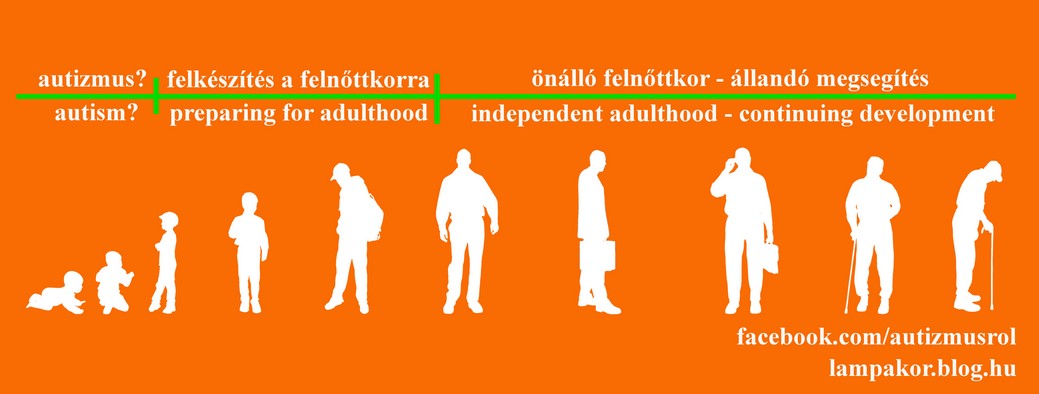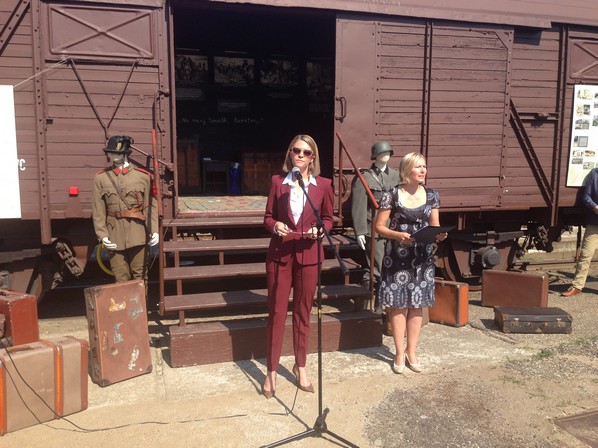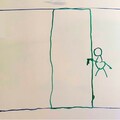Unforeseen situations in life
How should a child know what to do if he/she accidentally knocks down mom’s favourite china coffee cup? Who should teach children how to handle unforeseen situations, when and where? School is definitely one of these places, or at least it should be.
When we are asked about our occupation our reply results in shocked faces.
The change of facial expression begins when we say that we are husband and wife, and then continues when we mention that we work with seven autist children, and finally culminates and eyebrows go up when we say that we teach LIVING.
Indeed!
We must teach autistic children how to be express happiness when receiving birthday gifts, that sweater comes after shirt and what is the adequate angry facial expression in case that a fellow playmate suddenly knocks him/her over.
Many people have a false belief in connection with autists. For example they think that autists like constant steadiness. This is true only if they are not taught in time about variety and dealing with changes, which are quite typical of life.
So they must be taught about this also. The ability to handle unexpected and expected changes is just as important as communicative speech. A huge amount of practice is required. The first is shaped by daily life, the second by us. We give an example for each.
Unexpected change
We began the second Monday of September with the development of the “accepting unexpected change” ability, because this was what life brought our way. We learned that morning that rare guests and an exhibition are coming to our small town.
Colleen Bell, US Ambassador at the opening ceremony of the March of the Living Wagon Exhibition in Nyírbátor
Colleen Bell, the Ambassador of the United States of America visited our town, Nyírbátor to deliver a speech at the opening ceremony of the March of the Living Wagon Exhibition, an exhibition held to commemorate Holocaust. She underlined the importance of education in order that such terrible things are never repeated.
Our guys did not comprehend most of the speech, they were totally tired by then, they used up all their strength during the walk, viewing the exhibition in the wagon, and standing in the killing heat. Add to that, that their listening comprehension skills are by default weaker than that of their non-autist peers, and understanding such topic is difficult even for those who are familiar with it.
For that reason we have explained to them clearly what we would hear about already when we were on our way to the station:
Many-many years ago soldiers came, who herded little boys and girls, mothers and fathers, classmates and friends into wagons and then took them away to die, to not live anymore. The moment when they could no longer kiss their siblings, make grandpa smile and hug mommy, came unexpected. Just because they were Jews.
Our pupils listened to all speakers heroically, in silence and calmly.
We had a look at the installation before the speeches, and spoke a few minutes with rabbi Dr. Tamás Verő.
In the wagon some asked very smart questions from exhibition leader Kinga Kapin: why are there footsteps painted on the floor, who opened the air hole, what is the significance of the stones and the yellow star; why is there new technology in the old train.
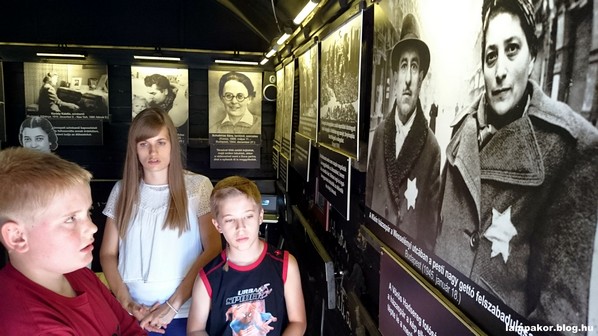
Given that they are relatively good at recognizing feelings on faces, they became pretty sad when seeing the photos.
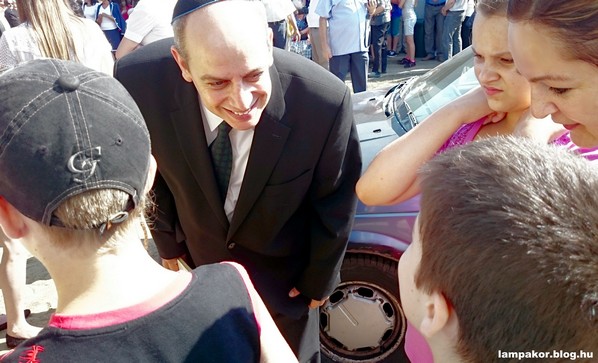
That was the time when rabbi Tamás Verő came by and tried to cheer up the guys with humour. He succeeded. He asked very good questions, short and simple, and as a result the peaceful atmosphere was restored.
He told the story of the skullcap and let them in on a big secret.
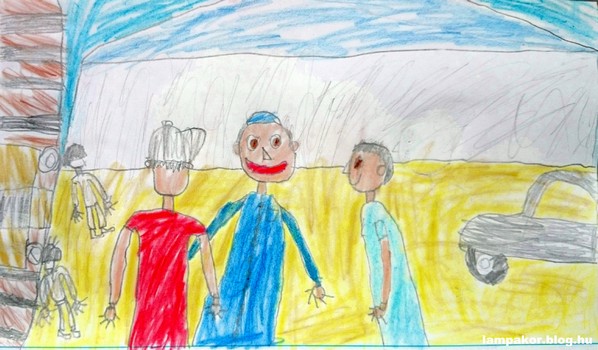
The following day they drew the conversation.
Predicted change
Our pupils use individually tailored agendas, like a Brioni suit. This way they know what is next, giving them considerable safety and peace of mind.
The vast majority of the autist child’s bursts of anger are caused by the lack of an agenda, the not knowing of “what will happen next”. The changes are also introduced in the agenda.
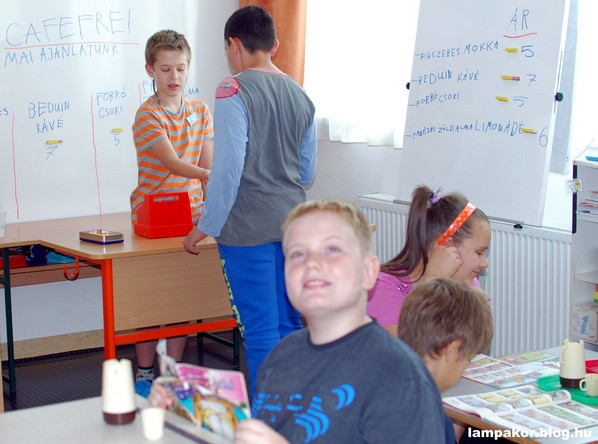
On Wednesday the planned building game was changed to a coffee-themed game. As we have discussed it that we would make a smaller trip to a Cafe Frei anyway, the coffee-themed game became part of their preparations for the trip.
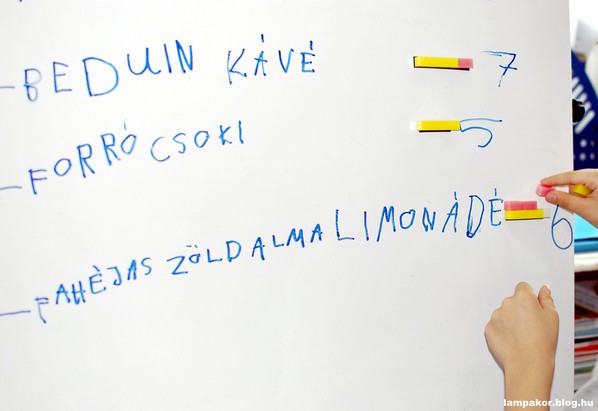
Before ordering, the guys are calculating and verifying whether they have enough “coloured bar money” for ordering.
The knowledge acquired in math class has to be practiced countless times in real situations so that it can be applied without blunders in real life. The knowledge acquired in the classroom often disappears in the beginning, like gravitation in the dream – this is an original thought.
You may be thinking, why take autist children to a coffee shop?
It is our task to help our pupils’ parents and the situation of future girlfriends.
A mother with her autist son, a young girl with her autist boyfriend, an autist grandpa with his autist grandchild would all like to go out to such community places that are considered attractive by the majority of the people, where they can go safely, and spend some time without attracting attention.
Throughout their entire life, autist children, adults, old and elderly people need constant help, and the extent of such help largely depends on the childhood preparation /mostly the things acquired by ages 10 to 12/.
What kind of provision can an autist person make use of depends on how he/she can handle the expected and unexpected situations of LIFE.
Marti and Robert from Hungary
autism teachers
